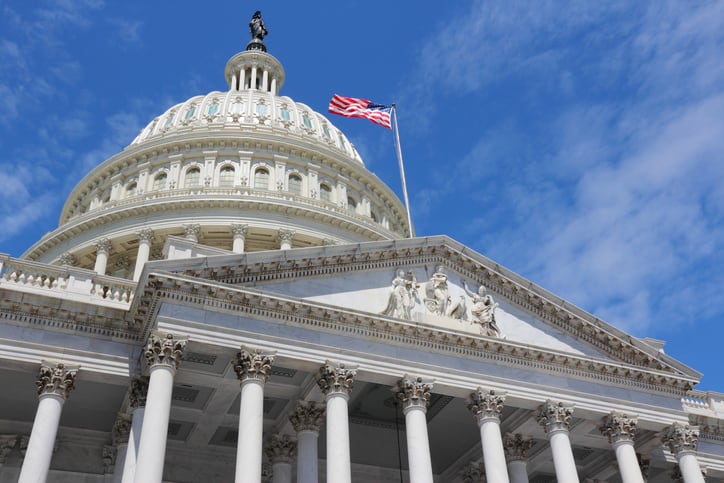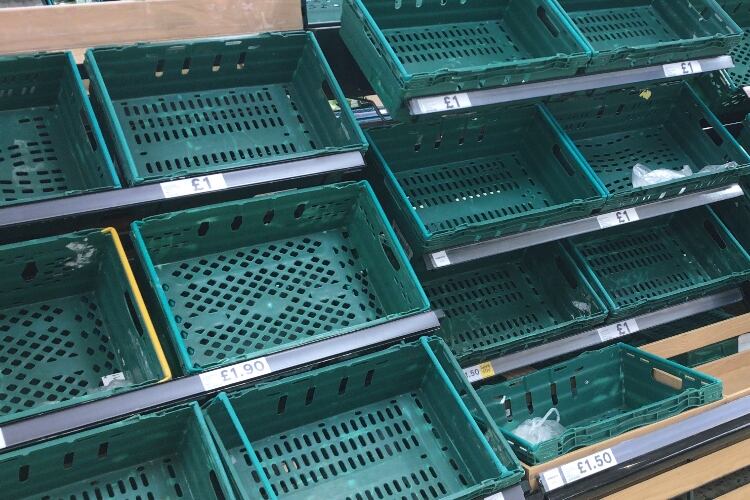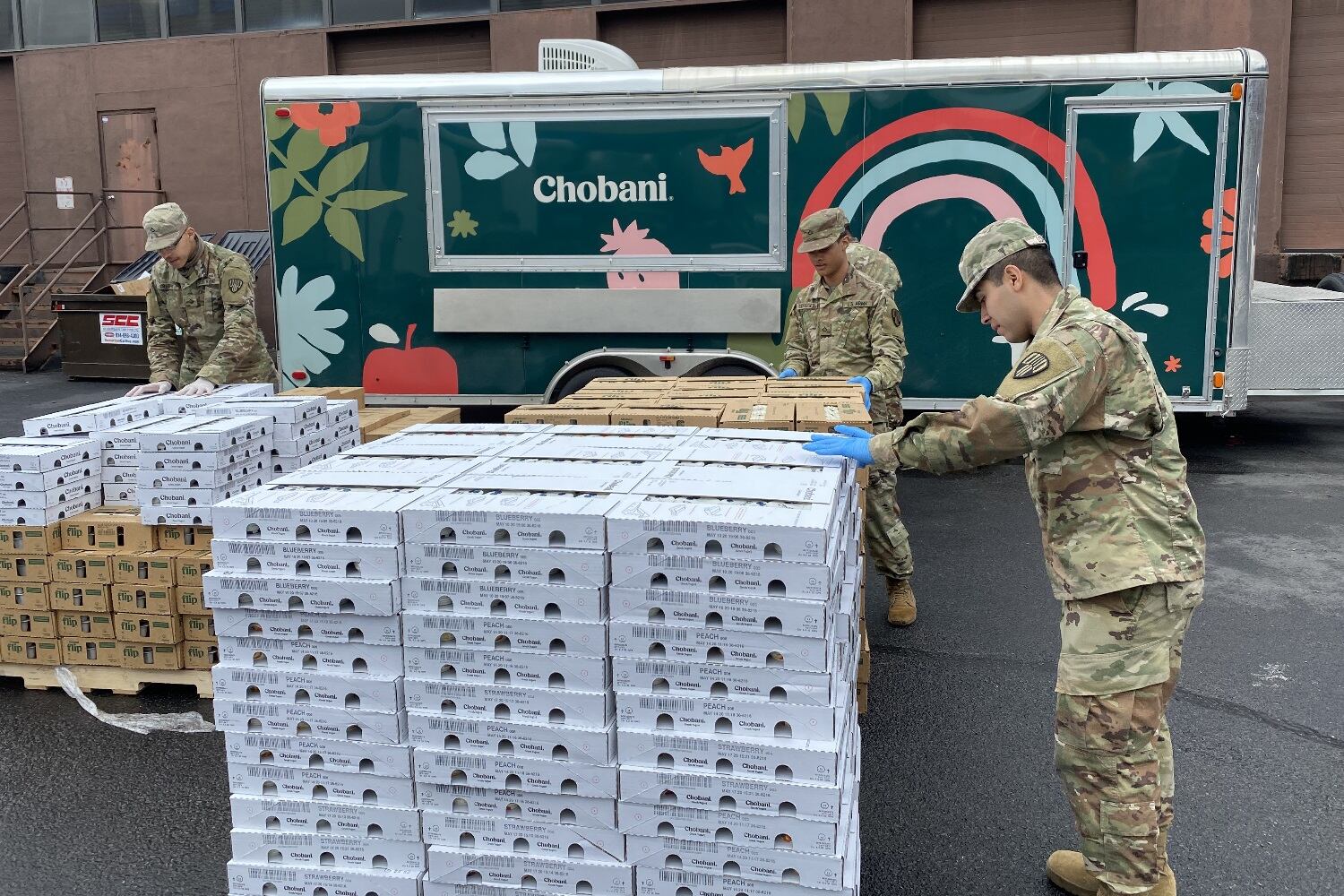After the US Senate and House of Representatives passed the $2.2 trillion coronavirus stimulus package last week, President Donald Trump signed it into law on March 27. Agriculture is earmarked to receive $9.5bn, and dairy is pushing for the government to make a ‘significant purchase’ of dairy products.
The CARES Act (Coronavirus Aid, Relief, and Economic Security) is bailing out small businesses and big corporations, increasing unemployment support and providing American adults with $1,200 stimulus checks.
National Milk Producers Federation (NMPF) president and CEO Jim Mulhern said, “Congress’s forceful, bipartisan action to take unprecedented steps to combat the economic fallout of the coronavirus crisis is a balm to dairy producers who have endured brutal weeks and may do so in the weeks ahead.
“With the CARES Act now law, we look forward to working with Agriculture Secretary Sonny Perdue on several important initiatives, including the need for a significant purchase of multiple dairy products.”
This will help address lost sales from COVID-19 and lift farm milk prices. And NMPF emphasized that government dairy-product purchases can also provide national food banks with important staple items and combat food insecurity.
Jeff Lyon, general manager for FarmFirst Dairy Cooperative, said, “The road ahead is uncertain, but this relief package proves that the nation’s leaders have listened to our concerns to support those providing food to households across America. The $9.5bn agricultural disaster fund includes funding specifically for livestock and dairy producers, as well as critical assistance to small businesses that are key to the entire dairy supply chain.
John Rettler, president of FarmFirst, said “These are unprecedented times for everyone, calling for unprecedented support from our nation’s leaders. We extend our appreciation to our Congressional leaders and the President for quickly passing this massive bill to begin overcoming the negative economic impact of this coronavirus pandemic.”
The International Dairy Foods Association (IDFA) is also shining a spotlight on supplying food banks, pantries and distributors with food for families trying to make ends meet. About $450m of the CARES Act is designated for giving food banks additional resources for food distribution.
They noted that foodservice accounts for roughly 50% of all food sales in the US, and the channel’s loss during the pandemic has presented a ‘significant challenge’ to the dairy industry.
Michael Dykes, president and CEO of IDFA, said, “On behalf of America’s dairy industry, IDFA is grateful that this bipartisan bill has put a special emphasis on businesses large and small, farmers, and our rural communities who grow, process and distribute many of the foods and beverages that are so vital to Americans during this crisis.
“We urge USDA to act today to make record purchases of fluid and powdered milk, cheese, and other dairy products, as well as other foods and commodities, to equip our food banks for a surge of food-insecure Americans and to bring certainty and balance to the marketplace due to whole sectors of the economy shutting down due to COVID-19.”
Eric Deeble, policy director at the National Sustainable Agriculture Coalition (NSAC), said, “In the weeks and months ahead, Congress must: ensure that the most-impacted farmers get direct payments to make up for lost income, prioritize additional administrative flexibility and direct investments in the field, including emergency food purchases from food hubs and small processors to keep them up and running, and ensure that every farmer has access to the credit and resources they need to put a crop in the ground this spring to provide for us all.”




